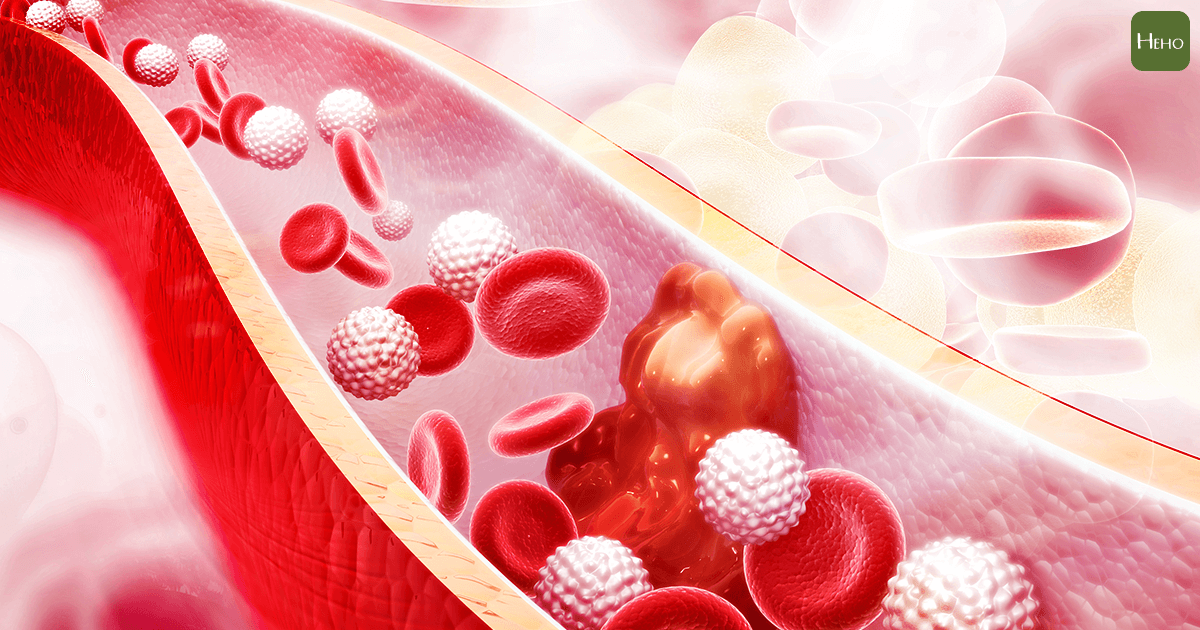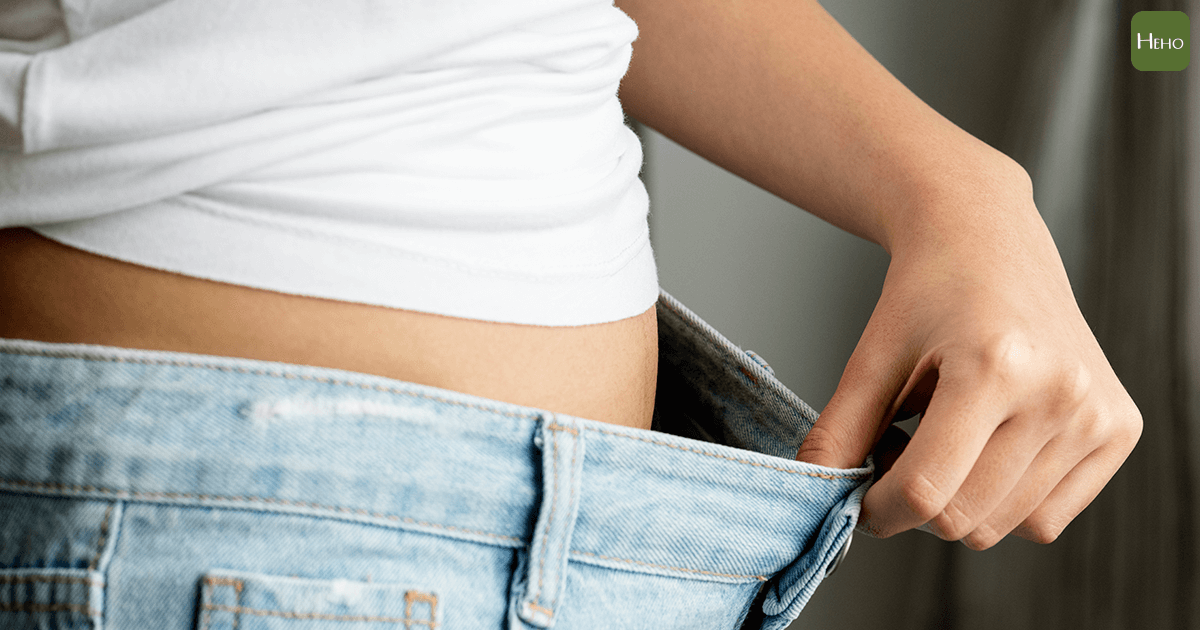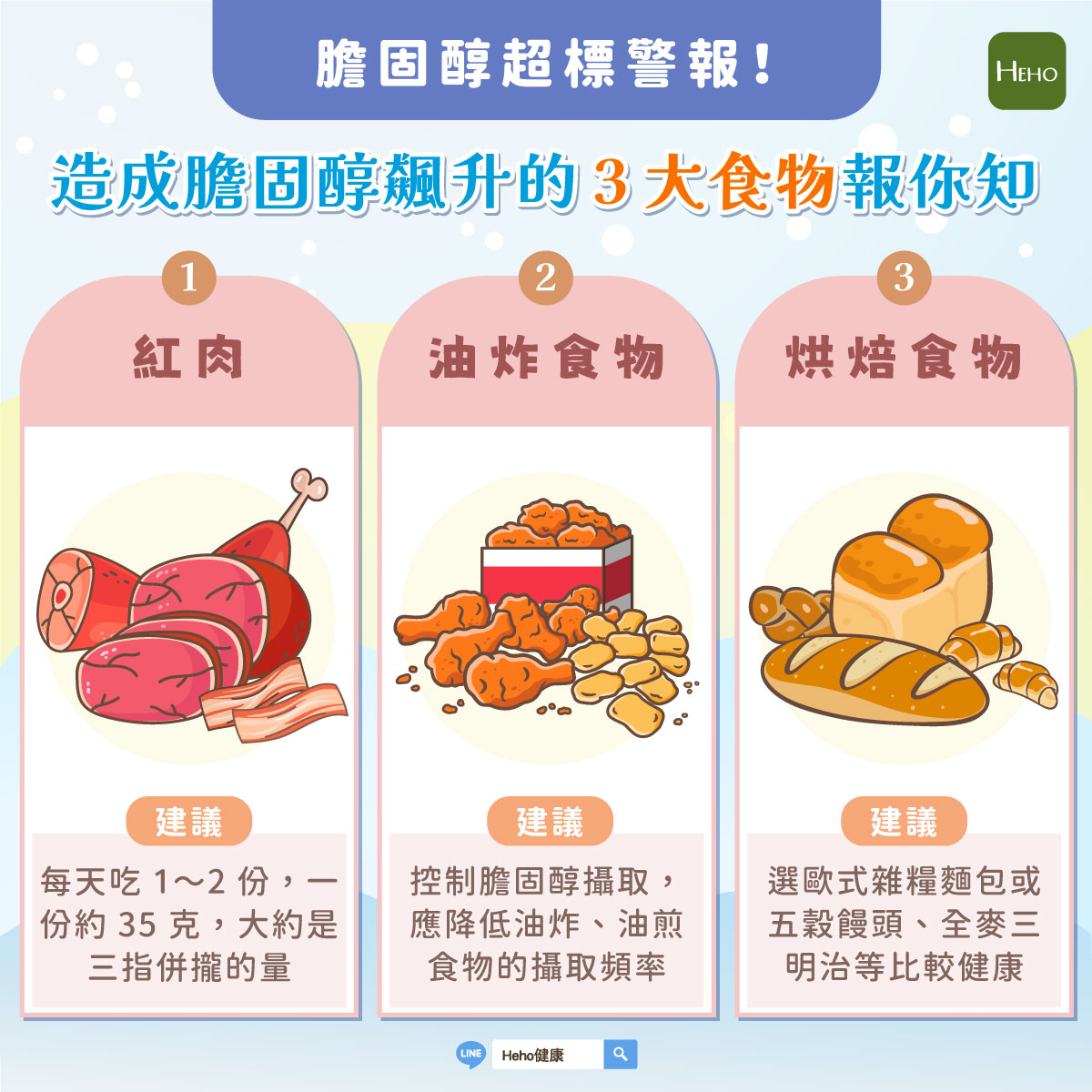When we see high cholesterol levels on our health reports, we often get nervous and think that eating high-cholesterol foods like egg yolks and seafood will worsen hypercholesterolemia. However, some foods are more likely to cause cholesterol spikes than eggs.
Which Foods Cause Cholesterol Spikes?
- Red Meat Red meat refers to the meat of four-legged animals such as pork, lamb, and beef. These meats usually contain high amounts of fat and saturated fatty acids, especially processed red meat products like sausages, hot dogs, ham, bacon, jerky, etc. These foods not only have low nutritional value but also contain high amounts of salt, sugar, and saturated fats. Overeating can increase fat accumulation, raise the risk of obesity, and prompt the liver to produce more bad cholesterol, increasing the risk of blood clots, stroke, coronary artery disease, and heart disease.
Dietary Advice: It is acceptable to eat 1-2 servings of fresh red meat daily, with one serving being about 35 grams (approximately the size of three fingers put together). It is recommended to choose lean cuts like loin and shank, avoid high-fat cuts like belly and trotter, and reduce the intake of any processed meats. Bad cholesterol increases the risk of blood clots, stroke, and coronary artery disease. (Photo/Provided by Heho Health)
Bad cholesterol increases the risk of blood clots, stroke, and coronary artery disease. (Photo/Provided by Heho Health)
- Fried Foods Every type of fat is composed of saturated fatty acids, monounsaturated fatty acids, and polyunsaturated fatty acids in different proportions. Fats with a high proportion of saturated fatty acids (above 34%), such as butter, lard, and palm oil, are suitable for high-temperature frying. Fried foods like fried chicken, fried chicken fillets, and French fries have high calories and fat content. Long-term consumption can cause cholesterol to deposit on the blood vessel walls, thickening the inner walls, affecting blood vessel elasticity, and even blocking blood vessels.
Dietary Advice: To control cholesterol intake, the frequency of consuming fried foods should be reduced from 3-4 times a week to 1-2 times a week. Cooking methods such as steaming, boiling, cold dressing, and stewing are preferable. When stir-frying, try to use vegetable oils high in unsaturated fatty acids, such as olive oil, sunflower oil, and canola oil, instead of animal oils, which can help reduce bad cholesterol levels.
- Baked Goods Many people like to buy bread for breakfast, but sweet and soft bread can easily lead to high cholesterol. Foods like pastries, cookies, cakes, and tarts require a lot of butter and sugar in their preparation. Excess refined sugar can increase bad cholesterol (LDL-C), induce blood clots, and block blood vessels.
Dietary Advice: It is recommended to choose European-style whole-grain bread or healthier options like multigrain buns and whole-wheat sandwiches. When purchasing such foods, read the food labels carefully and choose products with lower saturated fat content.
 High cholesterol is often related to poor diet and lifestyle habits. (Photo/Provided by Heho Health)
High cholesterol is often related to poor diet and lifestyle habits. (Photo/Provided by Heho Health)
How to Lower Cholesterol?
High cholesterol is often related to poor diet and lifestyle habits. To improve high cholesterol, a diverse diet including whole grains, vegetables, legumes, and nuts should be chosen. Consuming foods rich in unsaturated fats and soluble fiber can reduce LDL-C by 7-15 mg/dl. Additionally, it is necessary to eliminate bad habits such as smoking and lack of exercise and develop regular exercise habits such as swimming, jogging, and cycling.
If cholesterol levels remain high, medication may be needed to help control it. Taking cholesterol-lowering drugs as prescribed and adjusting diet and lifestyle habits is essential for regulating cholesterol levels in the body.







